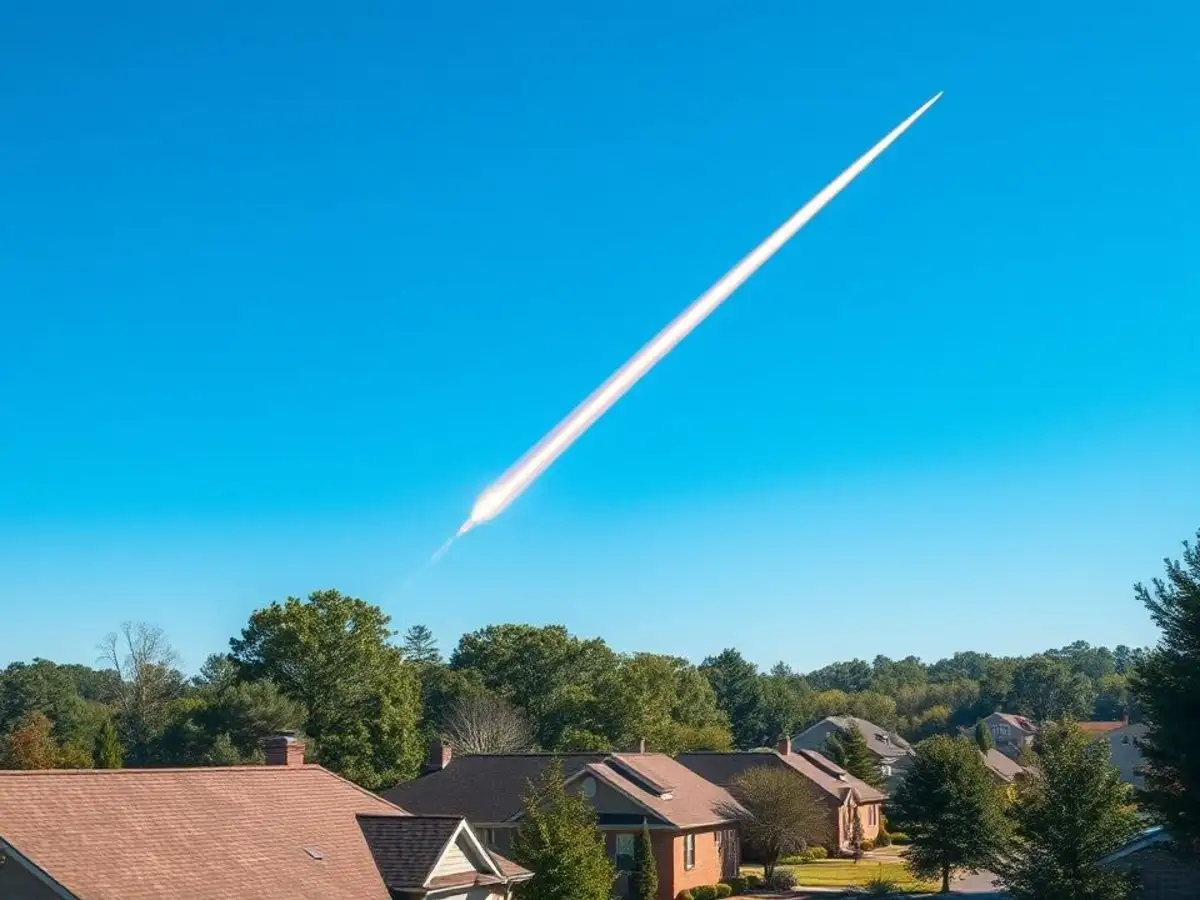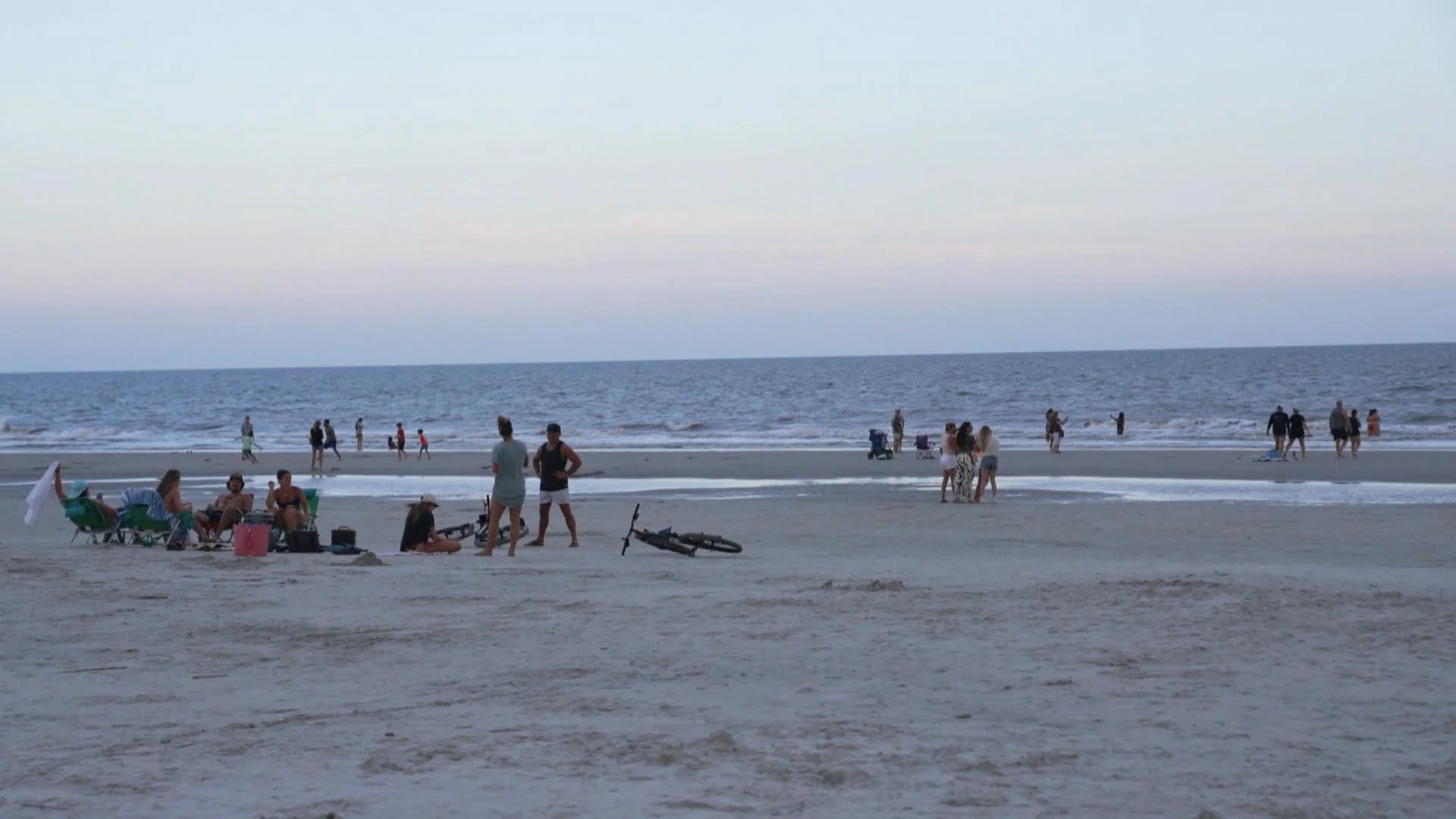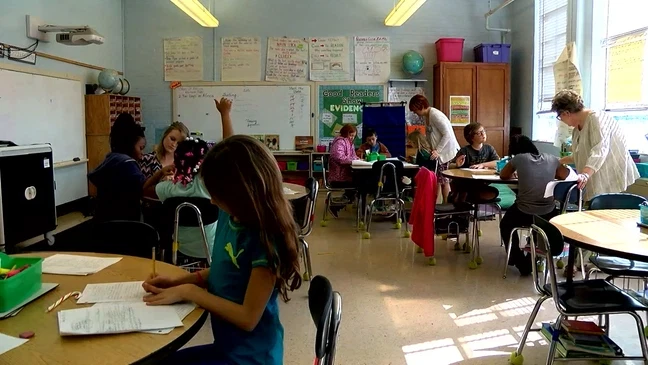McDonough, Georgia.After an unusual visitor from space, now identified as a 4.5-billion-year-old meteorite, smashed through his roof in late June, shocking the neighborhood and generating significant scientific interest, a homeowner in Georgia is still fixing the damage.
After forming a blazing streak across the Southeast sky on June 26, the object—now officially known as the McDonough Meteorite—smashed into the house outside of Atlanta. The meteorite originated in the main asteroid belt between Mars and Jupiter, according to University of Georgia (UGA) astronomers.
Older Than Earth Itself
After examining retrieved shards, Scott Harris, a planetary geologist at UGA’s Franklin College of Arts and Sciences, concluded that the meteorite’s composition originated long before Earth. According to Harris, the rock most likely formed about 470 million years ago when a much larger asteroid broke apart.
Harris told UGA’s news service that some of the fragments in that breakup enter Earth-crossing orbits, and if they do so for a long enough period of time, their orbit around the sun and Earth’s orbit around the sun end up at the same location, at the same time.
Small Size, Big Impact
When the meteorite entered Earth’s atmosphere, it broke apart, with the largest fragment—roughly the size of a cherry tomato—impacting the house in Henry County. The impact dented the wood floor, destroyed HVAC ducts, and tore a hole in the roof.
Fortunately, there were no reported injuries despite the neighbors reporting a noise as loud as a gunshot.
In order to do additional research, UGA partnered with Arizona State University to investigate 23 grams of the 50 grams collected.
Rare but Increasingly Documented
The 27th meteorite recovery in Georgia is the McDonough Meteorite. According to Harris, these kinds of incidents were previously only anticipated to occur once every few decades, but because to technological advancements and increased public reporting, more are now being identified and recorded.
According to Harris, this used to be anticipated once per few decades rather than several times in a 20-year period.
The public will get a unique chance to view a celestial object older than the planet itself when more pieces are scheduled to go on exhibit at the Tellus Science Museum in Atlanta.
Insurance and Recovery
Experts point out that meteorite damage is typically covered under regular homes insurance policies, even though the University of Georgia has not confirmed whether the home’s repairs are finished.
UGA researchers intend to publish a comprehensive article on the rock’s composition and dynamics later this year, which will be the last scientific word on the McDonough Meteorite.
How do you feel about infrequent space occurrences like this?Join the discussion and share your opinions with the Saluda Standard-Sentinel atsaludastandard-sentinel.com.









